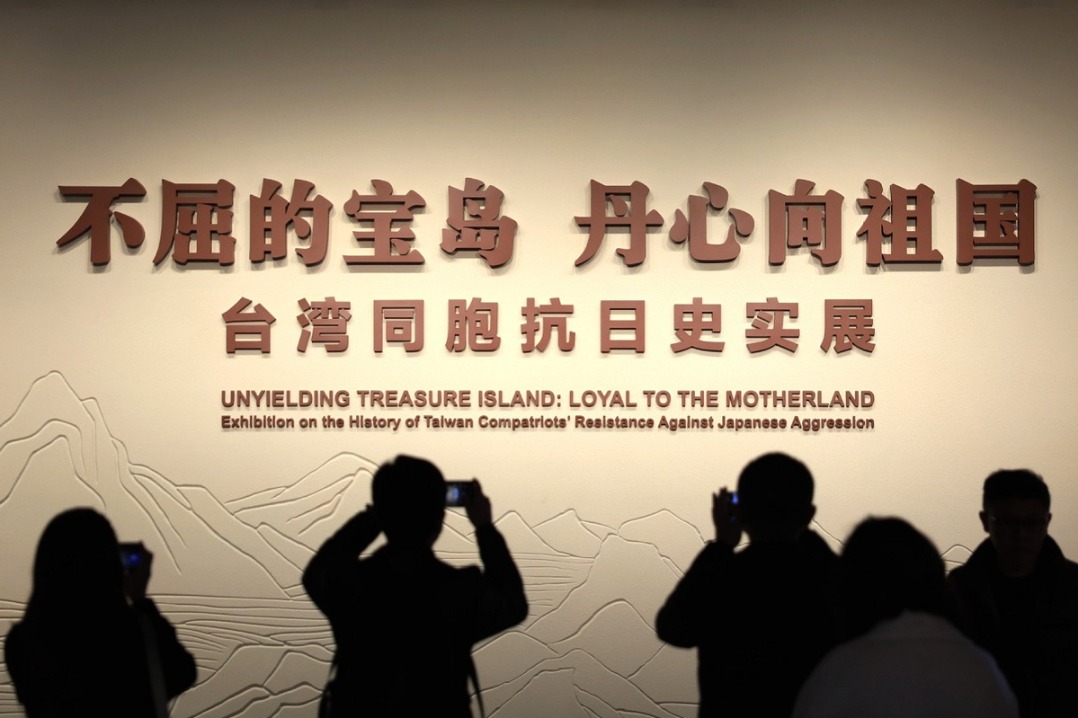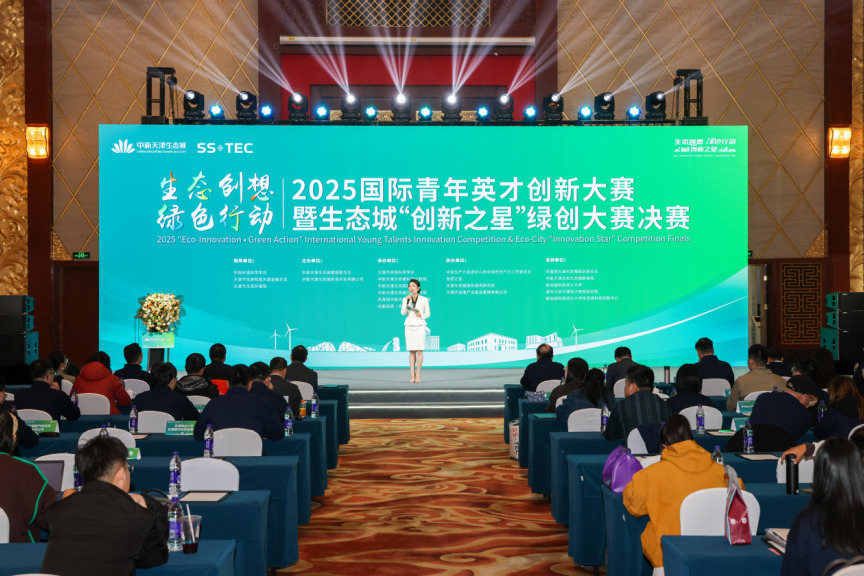Enhancing sci-tech innovation, self-reliance stressed

Leading officials on Friday emphasized the need for China to enhance its innovation capacity and achieve self-reliance in science and technology to lead the development of new quality productive forces.
They made the comments at a press conference in Beijing after top policymakers gathered this week to chart the path for the 15th Five-Year Plan (2026-30).
Major objectives for the next five years include significant advancements in high-quality development, and substantial improvements in scientific and technological self-reliance and strength, as outlined in the Recommendations of the Communist Party of China Central Committee for Formulating the 15th Five-Year Plan for Economic and Social Development adopted during the fourth plenary session of the 20th CPC Central Committee held from Monday to Thursday.
"Looking ahead to the next five years, the recommendations propose that Chinese modernization should be underpinned by scientific and technological modernization," Minister of Science and Technology Yin Hejun told the press conference on the guiding principles from the session.
"During the 15th Five-Year Plan period, it's crucial to seize the historic opportunities presented by the new scientific and technological revolution and industrial transformation, coordinating efforts to build China into a strong country in education, science and technology, and talent," Yin said.
He emphasized enhancing the efficiency of the national innovation system, strengthening independent innovation, accelerating the achievement of high-level self-reliance in science and technology, and leading the development of new quality productive forces.
Yin proposed creating a new national system to mobilize resources nationwide, aiming for decisive breakthroughs in core technologies across the entire chain in areas like integrated circuits, industrial machine tools and high-end instruments.
"We should prioritize national strategic needs by deploying and implementing a number of major national scientific and technological projects," he said. This involves efforts to enhance the strategic, forward-looking and systematic layout of basic research, with an increase in long-term and stable support.
Yin also proposed the deep integration of scientific and technological innovation with industrial innovation.
"We should reinforce the dominant role of enterprises in scientific and technological innovation by supporting them in leading the formation of innovation consortia and undertaking more national scientific and technological tasks," Yin said.
He mentioned cultivating and expanding technology-leading enterprises, supporting the development of high-tech enterprises and technology-based small and medium-sized enterprises, and increasing the proportion of tax deductions for enterprises' research and development expenses.
Yin proposed the integrated development of education, science and technology, and talent by establishing a coordinated mechanism for integrated advancement.
The construction of a Digital China will also be promoted with the establishment of an open, shared and secure national integrated data market, he said.
Yin added that this involves facilitating the deep integration of the real economy with the digital economy and accelerating the innovation of digital technologies such as artificial intelligence.
The efficient supply of computing power, algorithms and data will be strengthened, and the "AI Plus" initiative will be implemented to comprehensively empower all industries and sectors, he added.
Zheng Shanjie, head of the National Development and Reform Commission, echoed Yin's views by emphasizing the importance of fostering emerging and future-oriented industries, as the added value last year from new industries, business forms and models accounted for more than 18 percent of China's GDP.
"The recommendations suggest focusing on developing emerging pillar industries and accelerating the clustered development of strategic emerging industries such as new energy, new materials, aerospace and the low-altitude economy, with the aim to create markets valued at trillions of yuan or more," Zheng said.
Zheng also proposed a proactive approach to developing future-oriented industries, aiming to transform areas like quantum technology, biomanufacturing, hydrogen and nuclear fusion energy, brain-computer interfaces, embodied artificial intelligence and sixth-generation mobile communications into new economic growth points.
"These industries are poised to take off, and their additional scale over the next decade is expected to be equivalent to creating another high-tech industry in China. This will continuously inject new momentum into the country's overall economic landscape and high-quality development," he added.
- Exhibition on history of Taiwan compatriots' resistance against Japanese aggression held in Beijing
- China confirms identities of 8 volunteer soldiers killed in Korean War
- Postdoctoral innovation and entrepreneurship competition kicks off in Quanzhou
- Liaoning holds ceremonies to commemorate CPV martyrs
- China honors first Commemoration Day of Taiwan's Restoration
- 5.5-magnitude quake jolts Hunchun, NE China's Jilin province





































